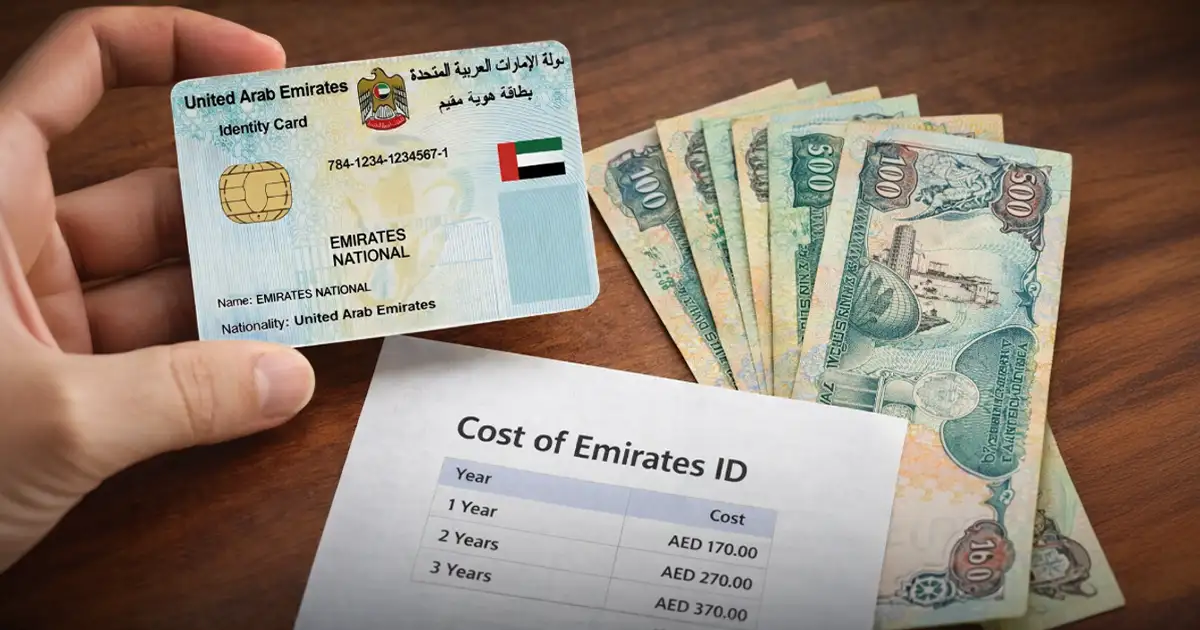Introduction
Looking to expand your business globally or start a profitable venture from scratch? The UAE offers the perfect launchpad. With a business-friendly environment, world-class infrastructure, and a strategic location connecting Asia, Europe, and Africa, entrepreneurs can grow faster, reach more clients, and maximize profits. The ultimate answer to the question: How to Start a Business in the UAE is just a scroll away.
Combine investor incentives, Free Zone advantages, and access to global talent, and you have a recipe for success. The UAE isn’t just a place to do business; it’s a place to thrive.
This article will guide you through investor incentives, Free Zone advantages, and key considerations for starting a business in UAE successfully.





